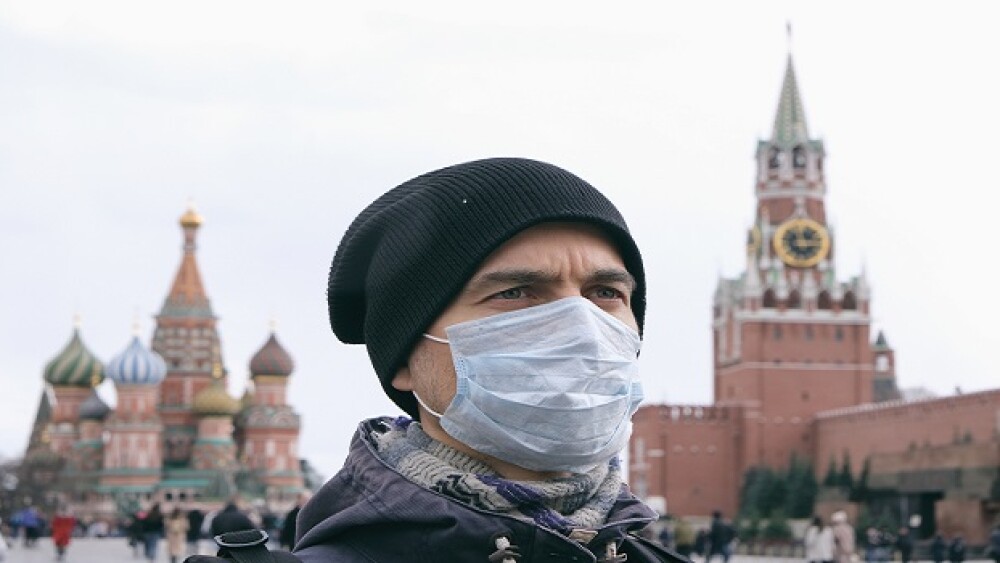First Moscow State Medical University has paused recruiting new patients for its ongoing clinical trials following a disruption in the university’s ability to receive clinical trial samples.
The biopharma industry is just one of many impacted by the ongoing conflict between Russia and Ukraine, and concerns about the future of clinical trials in the two countries have become a global concern.
First Moscow State Medical University has paused recruiting new patients for its ongoing clinical trials, according to the university’s director. The university has as many as 120 ongoing clinical trials, impacting a broad spectrum of diseases. The main drive for pausing the trials is a huge disruption in the university’s ability to receive clinical trial samples from central labs in Europe or the U.S., due to multiple countries banning Russian flights into their airspace.
It is possible for the university to analyze samples in their own labs, but the decision would have to be made by international companies with a stake in the trials. Following an open letter from dozens of CEOs in the life sciences industry urging business counterparts to disengage from Russia, the university may find it more difficult to efficiently continue their trials at home. The call to disengage urges those in the industry to refrain from investing in Russian businesses, end joint ventures and stop all collaborations in Russia.
Although the clinical trials have been paused, the university’s director of the Department of Clinical Trials says that patients will be able to remain engaged in the trials, as there is a stockpile of drugs to last three to six months on average.
There is little news to suggest that other clinical trials in Russia are being impacted. But with at least 930 ongoing clinical trials in Moscow, it’s hard to imagine that there won’t be a significant impact in the transportation and analysis of samples, especially if global leaders call for disengagement. One such trial that may be impacted is Biogen’s Phase III study for an Alzheimer’s therapeutic called lecanemab, which has a trial site in Moscow.
There have also been petitions to the U.S. Food and Drug Administration (FDA) to stop reviewing applications from Russian companies. If the FDA chooses to act on such petitions, between one to two dozen Russian pharma firms are likely to be affected. Even without regulatory influence, companies like Nkarta Therapeutics have stated that they will not even consider conducting human trials in Russia.
Another major concern is the huge impact on clinical trials and the distribution of medications to people living in Ukraine. BioSpace has previously reported on how Ukrainian clinical trials have been majorly disrupted amongst the conflict, including Karuna Therapeutics’ Phase III trial for its therapeutic targeting schizophrenia. Already, Ukrainians have shared their gut-wrenching personal stories involving losing access to imperative medical treatments.
The biopharma industry has collectively called for companies to make efforts towards providing more humanitarian aid to Ukraine. Canadian-based Medicom is sending over $250,000 worth of medical products from North America and Europe to support Ukraine’s humanitarian efforts. The Ukraine Crisis Media Center has also stated that Denmark-based Novo Nordisk is supplying critically needed medicines. In addition, the U.S. has pledged $54 million in humanitarian assistance to Ukraine, including the provision of access to emergency healthcare.





